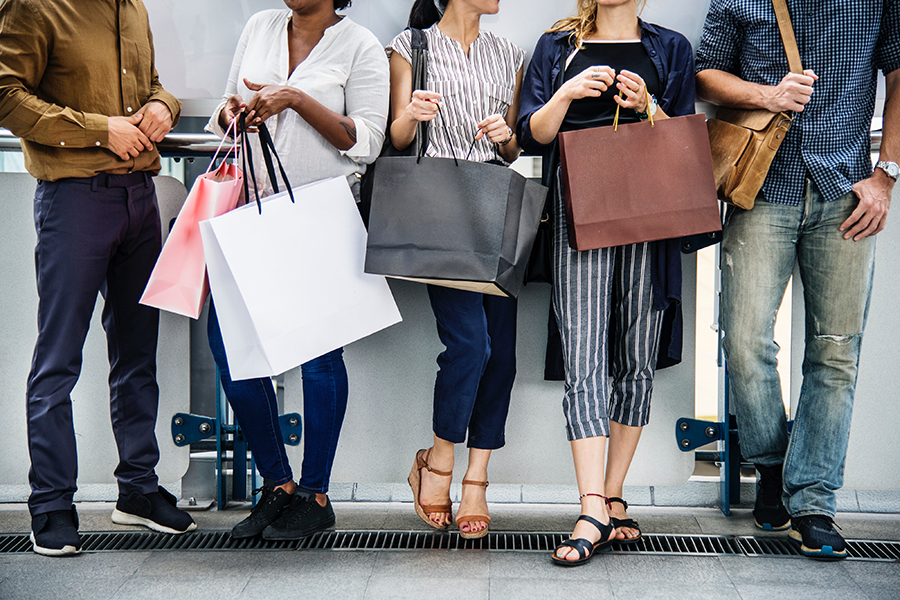
By Dr Sarah Montano
Senior Lecturer in Marketing, Birmingham Business School
Amazon are reportedly opening a series of pop up shops in 10 UK town centres offering a range of products and a click and collect service, in the form of Amazon lockers. There is some concern about Amazon moving to the high street after the significant retail closures over the last two years. However, it could be said that Amazon coming to the high street will actually bring customers back either stimulated by curiosity or the practicalities and convenience of collecting their Amazon parcels.
Consumer spending is fluctuating, perhaps understandably, given the uncertainties around Brexit – with some increases in consumer spending over the last year due to stockpiling and the World Cup however, decreased spending has been due to the severe cold weather and an unwillingness to make significant household purchases, such as holidays and cars. To further impact negatively on consumer spending, consumer confidence is at its lowest for 5 years.
So, in times of uncertainty do online retailers, such as Amazon, have a responsibility to “give back” to the high street during this retail crisis, and can the changing nature of consumer spending be controlled?
It can be argued that, rather than online retailers giving back, there needs to be a more level playing field around business rates and taxation. It is often reported that Amazon pays much lower tax, compared to other retailers e.g. Next/ Tesco. Perhaps what needs to happen, is that business rates need to be changed for all retailers so that they that are treated as equal entities, reflecting the integrated roles that online and offline play in our lives.
Consumers today see less division between online and offline and will often use stores as a showroom to look at products, purchase online and then go back into store to collect and have a coffee. This move towards a more varied use of the high street has a more positive effect on high street development by encouraging consumers to return and spend in their locality.
It is often talked about how online has decimated our high streets, yet since the origins of retailing there has always been retail change. More recently, we no longer shop in the same way as we did in the 1960/ 70’s using a variety of small independent stores every day for groceries. Predominately our grocery shopping is at one of the major supermarket chains. Our working and leisure lives have changed, and the change in the range of our high street stores and facilities mirror this.
Consumer spending can’t be controlled, as consumers have the freedom to make purchasing decisions that are right for themselves and their family. Yet, what retailers and the government can do, is work together to create opportunities for new high street stores and retail entrepreneurs to stimulate the changing customer preferences and need for customer experiences.
In summary, change is inevitable however, there is room for optimism if we bring online and offline together to create convenience and excitement for the customer. By Amazon bringing pop up shops onto the high street, this will meet the needs of the changing consumer and be a positive step in encouraging consumers to frequent their high street more and consequently lead to rejuvenation.
